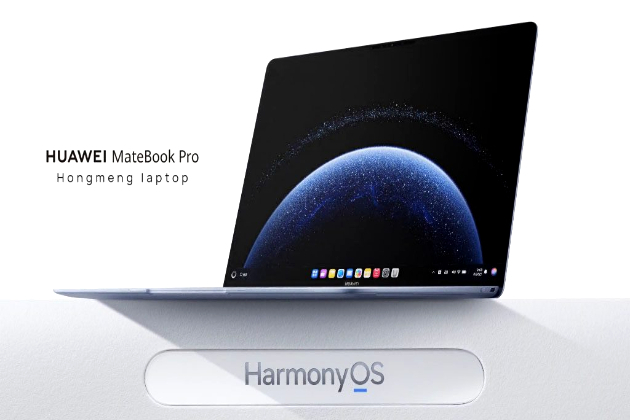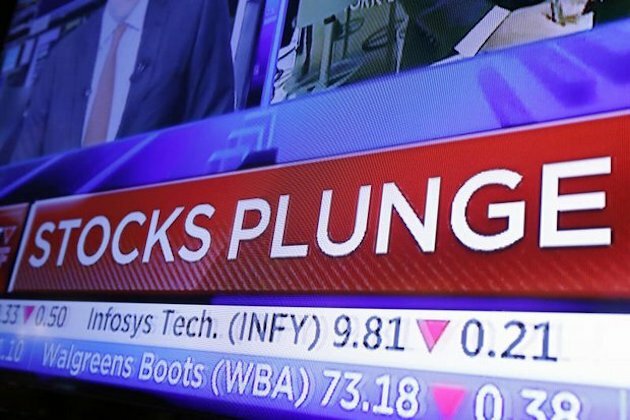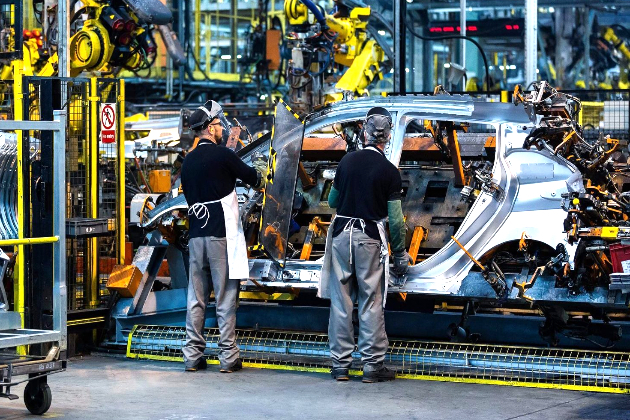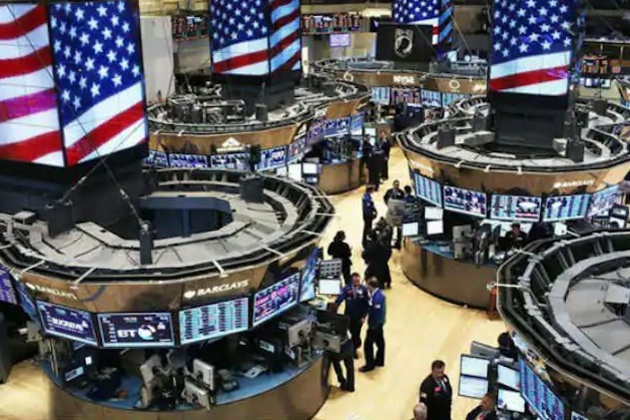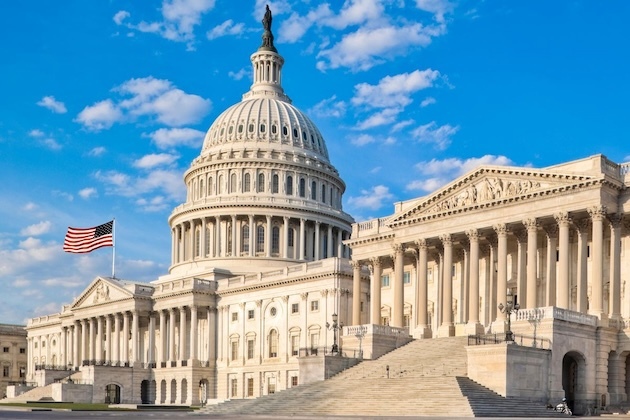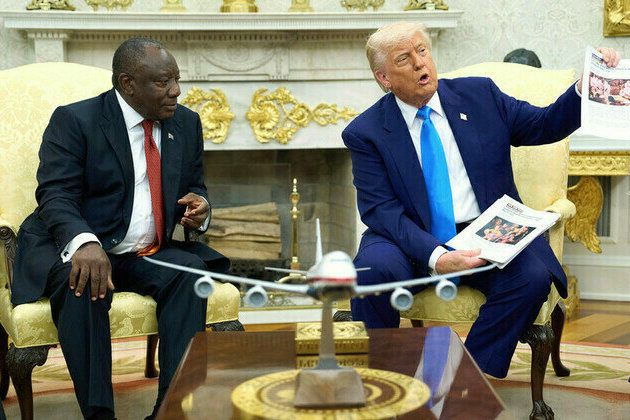Opinion The Return of Culture in Democracies
E-International Relations
22 May 2025, 07:11 GMT+10
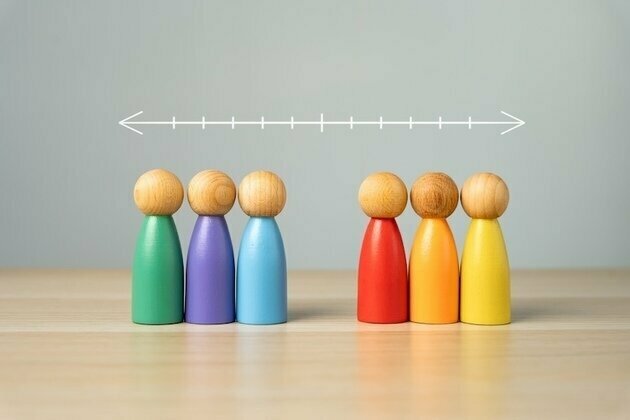
Ajay Gudavarthy
Download PDF
May 22 2025
0
viewsAndrii Yalanskyi/ShutterstockIn the last few decades, cultural politics has come back to the centre stage of democracy. The return of culture anddemocratic backslidinghave been somewhat simultaneous and interrelated processes. The cultural turn has made democracies look increasingly illiberal, and the only alternative that those opposed to illiberality find is in the language of institutions and constitutions. The problem with this mode of response is it does not sufficiently understand why there is a return to culture and if institutional imagination can adequately address the seduction of culture. We need to begin by asking why democracy and culture are at loggerheads in order to understand what could be an effective response to it without attempting to displace the cultural identification of the majority and without it becoming majoritarian.
John Keane argues democracy needs us to live openly and flexibly, and thatdemocracyis the friend of contingency. Democracy promotes indeterminacy and denatures power by countering all claims to privilege based on colour, race and religion, among other such identities. Democracy sees nothing as permanent and it tears up certainties. The ideal of equality necessarily brings diversified groups together and a clash of ideas to learn and unlearn. It is a continuous process of discovery.
At the turn of the century, democracies inaugurated greater spaces to market.Slavoj Zizekargues that market-driven capitalism is less of a top-down hegemony and is more of a bottom-up process driven by desire. But desire is also driven by desiring for desire itself and therefore the more desires get fulfilled the more melancholia and nostalgia we experience. Desire is also, like democracy, a never-ending process that robs us of contentment. Consumption therefore becomes a self-propelling and self-serving habit that takes us close to what Herbert Marcuse refers to asthe phenomenonof one-dimensional man.
Even as democracy and markets inaugurate newer avenues they demand constant innovation and change. Democracies need constant refashioning of self and markets spread unsettling technological changes. It is this dimension of the restless pursuit of transformation that culture provides a soothing sense of belonging. Culture is marked by solidarity and familiarity. It promises fraternity and love. Culture is rooted and local; it is vernacular and closer to our emotional make.
David Goodhartarguesthat the current populist moment in democracies is marked by a conflict between anywheres and somewheres. Anywheres are a small cosmopolitan elite, while somewheres are large swathes of territorially located provincial cultural groups. Goodhart notes that even in advanced capitalist democracies like Britain majority of the population (over 60 per cent) prefer to live within 20 miles of the radius of where they were born and brought up. They wish to continue to live in familiar lifeworlds and not challenge themselves with hyper-cosmopolitan and urbanized settings. People migrate to urban settings more in search of economic opportunities than a choice.
In the Indian context, Ambedkarnotedthis point of cultural unity in peninsular India and therefore wonders how steep caste differences continue alongside such cultural unity. Populists reference to civilizational discourse resonates because of the sense of belonging it offers the sense of assurance and surety that democracy and the market thrive on unsettling. Culture perpetuates prejudice and discrimination but not all of culture is about conservatism. Modernity in its speed to achieve equality and fight discrimination dumped all of culture to the backwaters of history. This is where the return of culture is taking a devious turn to illiberality and authoritarianism.
The return of culture in democracies also signifies the success of political democracies. It is the achievement of social democratization that has allowed differentiated social groups to express themselves. It is this expression of hitherto marginalized social groups that brings culture to the centre stage. It is a turn to mass culture that is also silently questioning the elitism in democracies. Cultural rhetoric has served to question elite interests through illiberal registers.
The celebrated movie of Wayne Blair titledSeptembers of Shirazdelicately and effectively depicts how the Iranian revolution of 1979 was a theocratic state in the making but it got social consent as it managed to delegitimise the elites and their overreach. It is this moment of becoming that attracted Michel Foucault whotypifiedthe Iranian revolution as marked by political spirituality. It is a different matter that that moment got domesticated into an illiberal theocratic state.
The return of the culture to the centre stage needs to be seen as constitutive of democracies and not an aberration. We would certainly need the language of institutions, constitutions and rights but not as a response to the centrality of culture or much less to displace it. The question is how we pursue constitutional morality alongside a cultural sense of belonging. How do we maintain a deeper sense of continuity and memory in our struggles for greater equality? What we need is culturally rooted democracies and culturally contained markets. It is within this equation we should be also able to open up spaces to question practices of prejudice and discrimination internal to all cultures.
We do not have a blueprint but restoring culture to its place might be a good beginning to make and renew our understanding that not all of culture is socially conservative and does not necessarily politically tilt towards the right.
Further Reading on E-International Relations
- Away from Political Parties into Lifestyle Politics: Young People in Advanced Democracies
- Reason, Cause, and Cultural Arrogance
- The Art of Diplomacy: Museums and Soft Power
- Opinion Digital Disinformation, Civic Disengagement and the Future of Democracy
- Hatred and Fear: Bolsonaro and the Return of Irrational Politics
- Habitus: Why Positive Law Is Better than Originalism or Post-Modernism in Law
About The Author(s)
Ajay Gudavarthyis an associate professor at the Centre for Political Science, Jawaharlal Nehru University, New Delhi. His is the author ofPolitics, Ethics and Emotions in New India(Routledge 2023).
Editorial Credit(s)Tusharika Deka
TagsCultureDemocracy
 Share
Share
 Tweet
Tweet
 Share
Share
 Flip
Flip
 Email
Email
Watch latest videos
Subscribe and Follow
Get a daily dose of Iran Herald news through our daily email, its complimentary and keeps you fully up to date with world and business news as well.
News RELEASES
Publish news of your business, community or sports group, personnel appointments, major event and more by submitting a news release to Iran Herald.
More InformationBusiness
SectionHuawei unveils first HarmonyOS laptops to cut US tech dependence
BEIJING, China: Huawei has launched its first laptops running on its proprietary HarmonyOS, marking a significant step in its effort...
U.S. stocks undermined by accelerating bond yields
NEW YORK, New York: U.S. stocks dived on Wednesday as investors and traders fretted about the passing of the budget bill by Congress...
Trump says Walmart should cover tariffs, not blame price hikes
WASHINGTON, D.C.: U.S. President Donald Trump said over the weekend that Walmart should eat the tariffs instead of blaming duties imposed...
Trump administration probes Apple-Alibaba AI deal over security fears
WASHINGTON, D.C.: The Trump administration is scrutinizing Apple's plans to partner with Chinese tech giant Alibaba to bring its artificial...
Nissan may shut plants in Japan, Mexico amid cost-cutting drive
TOKYO, Japan: Nissan is reportedly considering shutting down two car assembly plants in Japan and several overseas factories, including...
Tech stocks lead Wall St lower, Nasdaq Composite falls 73 points
NEW YORK, New York - U.S. stocks weakened across the board on Tuesday, led by the tech sector once more. I would say that the largest...
Middle East
SectionBipartisan Group of U.S. Senators Urges Trump Administration to Press for End to Gaza Blockade
WASHINGTON, DC - A coalition of 29 U.S. senators, spanning both parties, introduced a resolution on Thursday calling on the Trump administration...
Israel steps up attacks on Gazans
GAZA - Israel Air Force pilots have heavily bombarded Gaza this week, killing hundreds and severely wounding hundreds more. The...
Boeing clinches record jet deal with Qatar Airways during Trump visit
DOHA, Qatar: Boeing secured its largest widebody aircraft deal this week, as Qatar Airways placed firm orders for 160 jets with options...
Playing to resonant tune crucial for Indian football team, emphasises AIFF Player of the Year Subhasish Bose
Kolkata (West Bengal) [India], May 22 (ANI): Subhasish Bose's tremendously successful domestic season with Mohun Bagan Super Giant...
Trump confronts South African leader over white genocide
President Cyril Ramaphosa pushed back against his US counterparts allegations during a tense Oval Office meeting President Donald...
Arab Parliament condemns Israeli fire on diplomatic delegation in Jenin
Cairo [Egypt], May 22 (ANI/WAM): Mohammed Ahmed Al Yamahi, President of the Arab Parliament, has strongly condemned the Israeli forces'...

